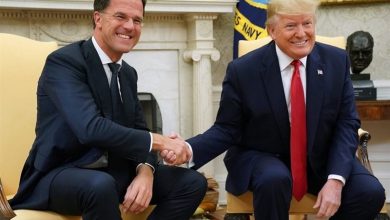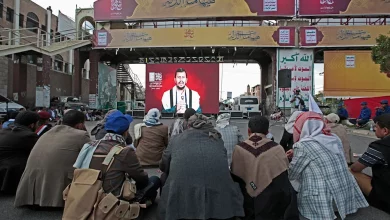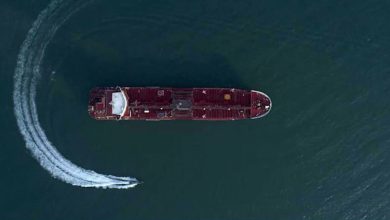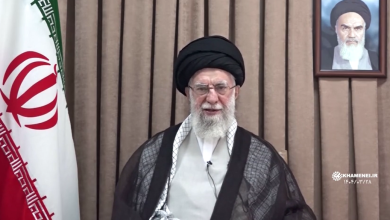Tens of Thousands of Iraqis attend commemoration march in memory of Soleimani and Mohandis
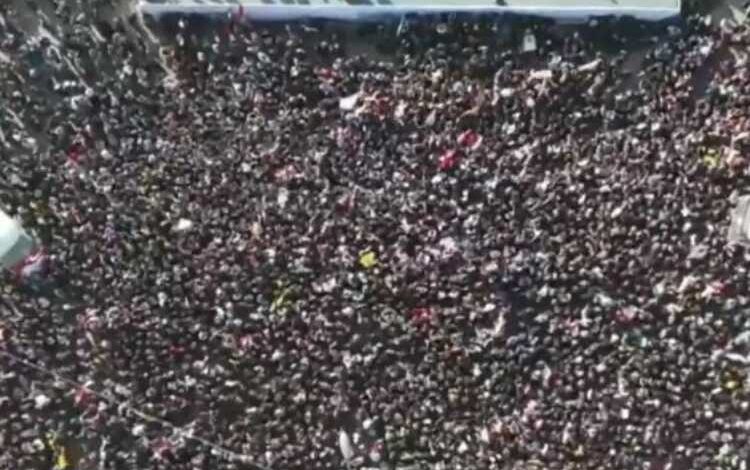
Thousands of Iraqis poured into Tahrir Square in central Baghdad on Sunday to attend a commemoration march in memory of Qassem Soleimani and Abu Mahdi Al-Mohandis on the anniversary of their assassinations.
“Thousands marched towards Tahrir Square in central Baghdad on the first anniversary of the assassination of Soleimani and Al-Mohandis, uploading their photos and denouncing the American bombing that affected them,” RT Arabic reported.
“Among the slogans chanted and repeated, is for revenge to taken for them and calling for the removal of American forces from Iraq,” they continued.
On Sunday, the Baghdad Police Command announced that it will begin securing protection for gatherings in the capital, on the first anniversary of the assassination of Qassem Soleimani and Abu Mahdi Al-Muhandis.
On January 3rd, 2020, the late commander of the Quds Force, Major General Qassem Soleimani, and the Deputy Head of Iraq’s Population Mobilization Units, Abu Mahdi Al-Mohandis, were assassinated by the U.S. military outside the Baghdad International Airport.
This attack prompted a powerful response from Iran, who fired dozens of rockets at the U.S. forces that were deployed to two Iraqi military bases.

